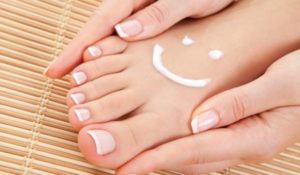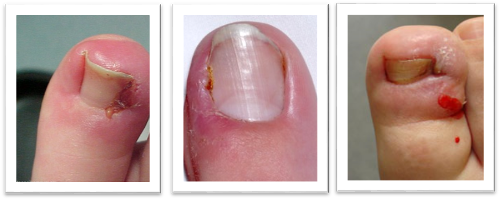
About
At Medical Pedicure, we’re here to revolutionize foot care and prioritize your safety. Run by Qualified Podiatrists our expert team of podiatrists understands feet inside and out. With their extensive knowledge, you’ll receive the best advice and treatments for all your foot-related concerns.
Contact
- Call: (03) 8645 9888
- info@podiatryhq.com.au
- St Kilda Rd Towers, Suite 204 1 Queens Road, Melbourne 3004
- 189 Somerville Road, Yarraville 3013









